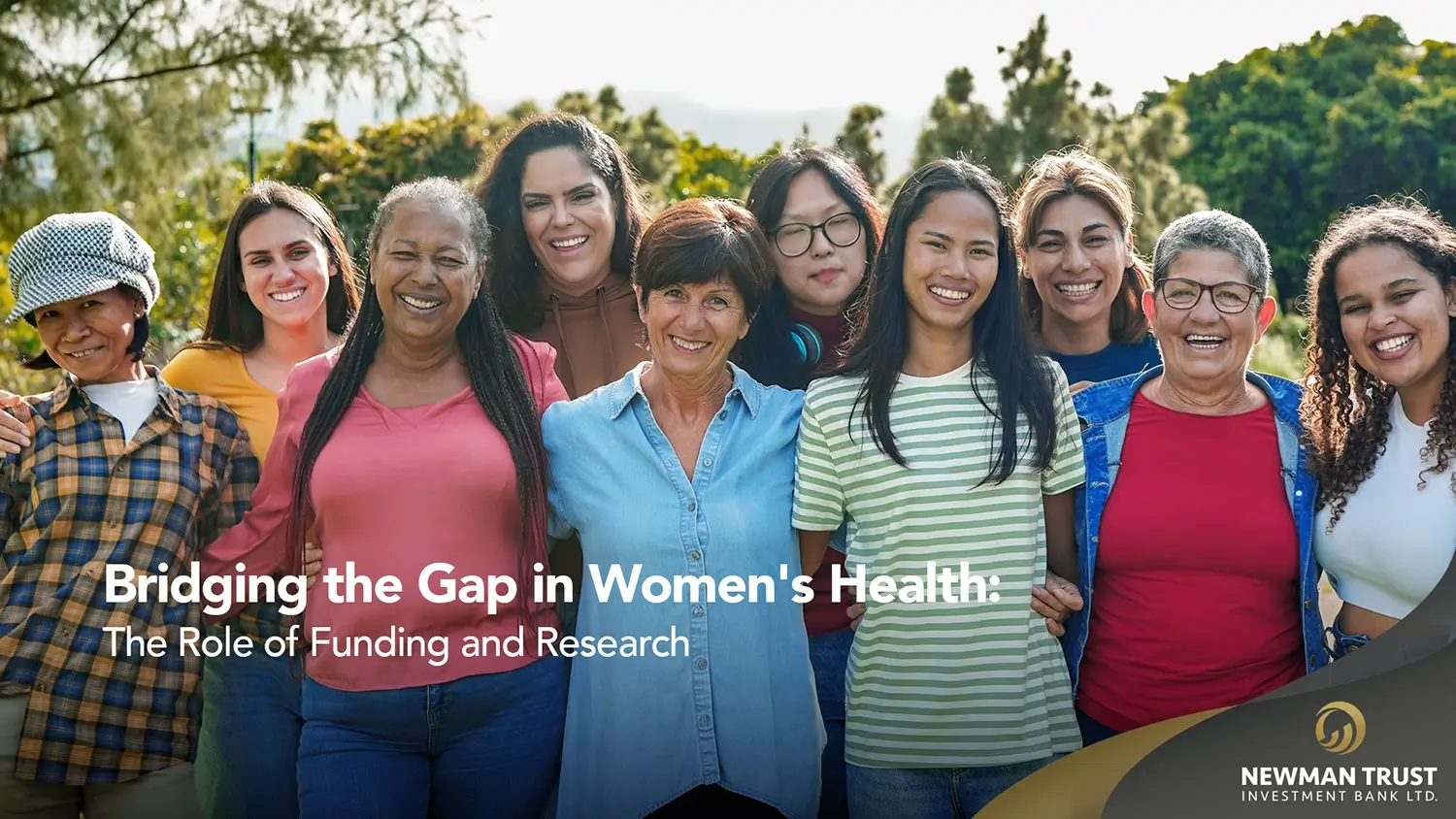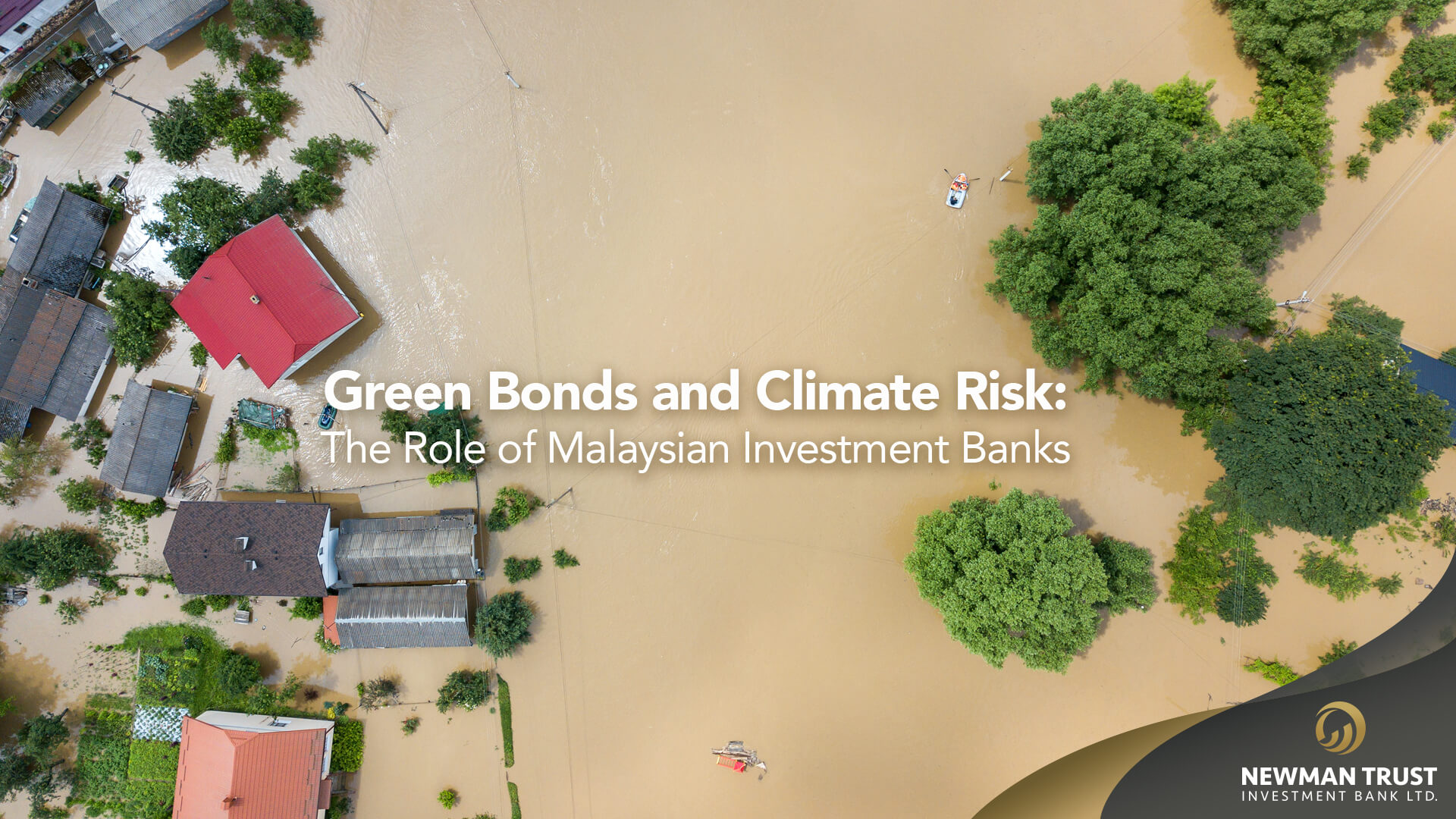In an era where women’s health continues to face significant disparities, the importance of funding and research cannot be overstated. With strategic, multi-sectoral efforts, there lies a substantial opportunity to close the gap and foster a world where women’s health is prioritized and safeguarded. At the heart of this mission is the understanding that women’s well-being and resilience are undermined by a myriad of factors, which can only be addressed through coordinated efforts that span across health, education, economic empowerment, and climate action.

The Impact of Sexual and Reproductive Health and Maternal Mortality
One of the most critical areas requiring attention is sexual and reproductive health and maternal mortality. Despite advancements, women globally continue to face challenges in accessing quality healthcare, contributing to adverse outcomes. Investment in research and healthcare infrastructure can significantly reduce these risks, providing women with the care they deserve.
Confronting Sexual and Physical Violence
Another glaring issue is sexual and physical violence against women, a pervasive problem affecting millions worldwide. By funding programs aimed at prevention and support, society can take a significant step towards protecting women from such violence, ensuring they live in safety and dignity.
Equalizing Education and Prioritizing Mental Health
Education is a fundamental right, yet women and girls often face disproportionate barriers. Equitable access to education empowers women, enabling them to make informed health decisions and pursue better economic opportunities. Similarly, prioritizing mental health treatment through increased funding can address the growing mental health crisis, ensuring women have access to the necessary support and resources.
Enabling Economic Empowerment
Economic empowerment is intrinsically linked to women’s health. By providing women with opportunities for employment and financial independence, we can improve their access to healthcare and reduce poverty-related health disparities.
Taking Health and Equity-Focused Climate Action
Climate change disproportionately affects women’s health. A focus on health and equity in climate action can mitigate these impacts, ensuring women’s health needs are considered in climate policies and initiatives.
Increasing Cancer Prevention and Control
Cancer remains a leading cause of death among women. Increased funding for cancer research, prevention, and control can save lives through early detection, treatment, and awareness programs.

The Role of Strategic Partnerships
Addressing these issues requires a unified approach, bringing together governments, NGOs, the private sector, and communities. The World Economic Forum’s Women’s Health Innovation Alliance is an exemplary initiative, showcasing how collaborative efforts can spearhead significant advancements in women’s health.
Conclusion
The path to closing the gap in women’s health is multifaceted, requiring a commitment to funding and research across various sectors. By focusing on sexual and reproductive health, confronting violence, equalizing education, prioritizing mental health, enabling economic empowerment, taking climate action, and increasing cancer prevention, we can forge a brighter, healthier future for women worldwide. The time for action is now; let’s invest in women’s health and well-being for a more equitable and prosperous world.
***Disclaimer: This article is provided for informational purposes only and is not intended as financial, investment, legal, or other professional advice. Before making any investment decisions, it is recommended that you seek advice from financial, investment, and legal professionals to consider your individual financial circumstances and risk tolerance. Neither the author(s) nor the publisher(s) shall be liable for any loss or damage whatsoever arising from or in connection with the content of this article, including but not limited to direct, indirect, incidental, punitive, and consequential damages. Investing in the stock market and other financial markets involves risks, including the loss of principal. Please conduct your due diligence and consult with a qualified professional before making any investment decisions.







